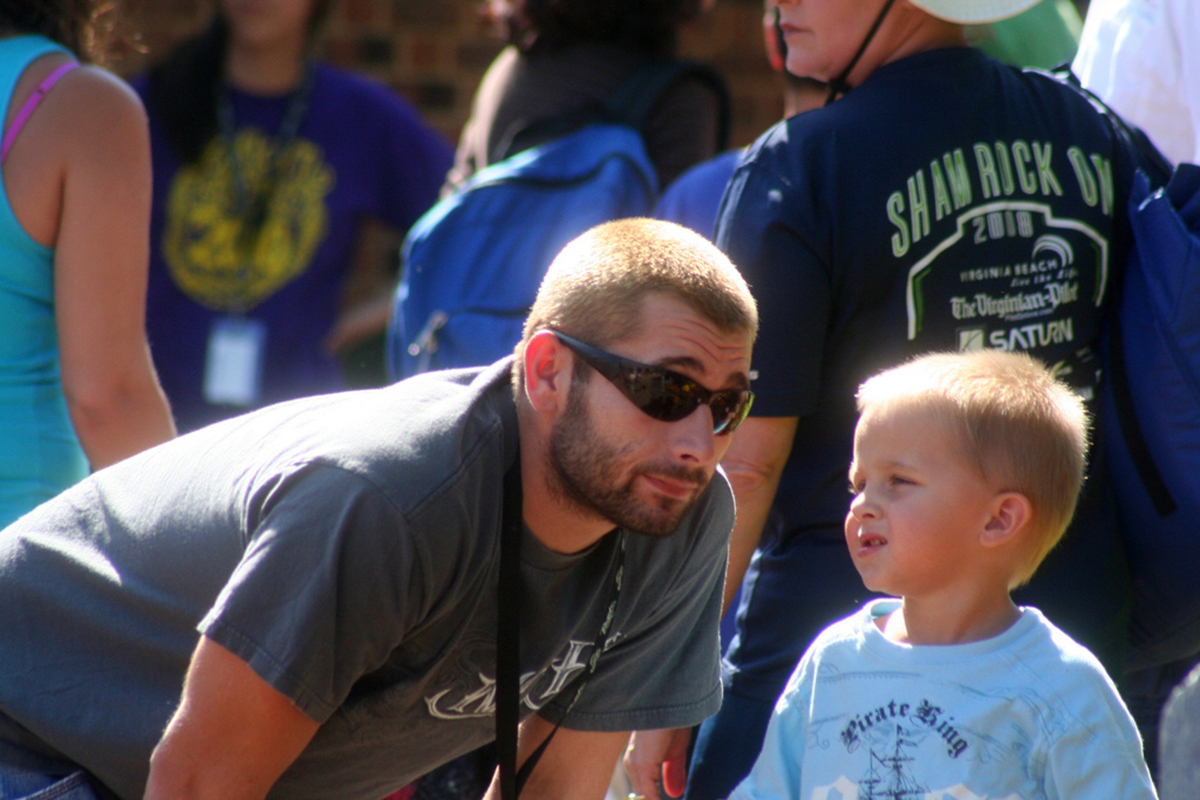Table of Contents
Is Your Child Confident Talking To Strangers?
Being out and about in the world on their own means your child has to have the confidence to interact with strangers — a category that includes vague acquaintances like perhaps people who work at your local store, and potentially people they don't know at all, like those at the bus stop or in the queue at the supermarket, and people they may ask for help if they were to get lost or are in danger (about that: tell them to ask a woman, always, as they're statistically safer and more likely to help).

This may run counter to the common advice parents offer their kids — "don't talk to strangers" — but it is crucial for your child to be able to communicate with people they don't know confidently, as well as to decide when someone gives them the creeps and they should get away from a situation.
If you haven't yet read our piece on why kids should talk to strangers, here's a link.
READ Talk To Strangers: Why Old-Fashioned 'Stranger Danger' Lessons Get It Wrong
Does Your Child Thoroughly Understand Personal Safety 101?
Children who are ready to be out and about in the world by themselves understand the following.
- Always avoid disappearing from public view with someone, stranger or not. This can take courage and street smarts — potential predators who want to take your child somewhere can be extremely persuasive, and they may also threaten your child. Remember to tell your child that no adult should ask a child to go somewhere out of public view with them.
- Adults in dire need naturally ask other adults for help, not children. No looking for lost puppies, no getting close to someone's car to give directions, no helping injured people get shopping into their car.
- If someone makes you scared or creeps you out, get away from them by seeking out a more public place — even if you have no obvious reason to feel the way you do.
- Your body belongs to you. Nobody should ask you to touch their private parts of have them touch yours, undress, or anything like that.
- If someone tells you not to yell, do, and if someone asks you not to tell, do. When predators tell you what not to do, they are actually saying what would most harm them.
- If someone tries to take you away, one of the things you should yell is "this person is not my mom/dad — call 911".
Can Your Child Put 'Safety Before Politeness' Into Action?
Most parents try their best to raise polite children, and for good reason. Being kind and caring is the best social gel there is, after all! However, when it comes to navigating the world on their own, it is absolutely crucial for your child to put safety before politeness. Children who are ready to be out by themselves are assertive, not afraid to tell adults a clear "no", scream if they need to, and even hurt someone who tries to harm them. Signing your kids up for self-defense classes (including martial arts) is also always a good thing to do.
Have You Checked Your Local Laws?
Some jurisdictions have laws that set forth from which age a child is allowed to be out by themselves or home alone. Check your local laws. Even if there are no specific laws covering this area, it is good to check with other parents and random people to hear their opinions. Sometimes, the single greatest danger involved with allowing your child this increasing freedom is the danger that well-meaning busybodies call Child Protective Services on you.
Are You Prepared To Hear About Difficulties?
Whether it's encountering peers who bully them, being short-changed in a store, or coming across a creep who asks your kids whether they'd like to get in their car, if you're not prepared to listen to difficulties your child may meet along the way, your family isn't ready for this step yet.
- Photo courtesy of Tobbyotter: www.flickr.com/photos/78428166@N00/5091671458/
- Photo courtesy of maxwellgs: www.flickr.com/photos/maxwellgs/4267310664/
- Photo courtesy of instantvantage: www.flickr.com/photos/instantvantage/5708760061/
- Photo courtesy of instantvantage: www.flickr.com/photos/instantvantage/5708760061/


Your thoughts on this